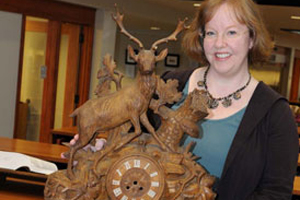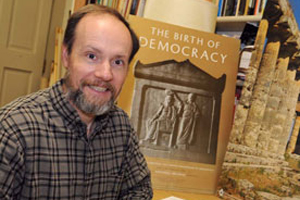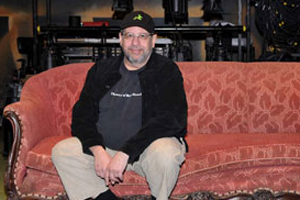What you should know: History

 History isn’t dead or even past—“What is past is prologue.”
History isn’t dead or even past—“What is past is prologue.”
This quote from Shakespeare’s The Tempest is chiseled in stone at the entranceway to the National Archives in Washington, D.C., and it illuminates why the study of history is one of the most important intellectual undertakings humans should engage in; by understanding the past, we open up the possibility of making informed decisions about the present, and changing our future. There are many quotes to this effect: from the poet and philosopher George Santayana, “Those who cannot remember the past are condemned to repeat it,” to the novelist William Faulkner, “The past is never dead. It’s not even past.”
 History is more than “just the facts.”
History is more than “just the facts.”
History isn’t merely a recitation or rote memorization of facts, such as names and dates; rather, it is about how we interpret the past. Historical scholarship is a creative endeavor—principally investigative and interpretive—involving the skills of the detective. Think of Sherlock Holmes and his ability to notice details others overlook as insignificant, his talent for bringing together different realms of knowledge in new ways to understand the significance of a clue, his enjoyment of the chase, his knack for asking the right questions, and his ability to keep an open mind. The study of history is a never-ending process of discovery, and as such it is about more than acquiring knowledge, it is learning the methods of historical inquiry.
 History is not just written by the victors.
History is not just written by the victors.
History is not just about the powerful, it is also about “everyday” people—those who may not have left behind the same kinds of written records of their experiences, but whose experiences matter greatly if we are to truly understand the past. History is also often diagnostic of power relations in society, and therefore has much to teach us about how power operates and how it may be resisted. History is also her story, your story, my story, their story, our story. There are many different types of historical scholarship—political history, diplomatic history, intellectual history, cultural history, social history, psychohistory (really!), medical history, and economic history, all of which focus on different aspects of the past using different lenses.
 “The past is a foreign country: they do things differently there.” (L.P. Hartley, The Go-Between)
“The past is a foreign country: they do things differently there.” (L.P. Hartley, The Go-Between)
Historians pay attention to the ways in which the past is dissimilar to the present. They respect the differences of the past and seek to avoid anachronisms—the projection of the present onto the past in ways that are ahistorical and inappropriate. The study of history is about embracing the complexities of the past as well as the questions, many of which will remain unanswered.
 History matters.
History matters.
The head of the 9/11 Commission declared that college students nationwide don’t know enough about history—that is, they tend to know what happened without knowing why it happened. Historians seek to understand the questions of “how” and “why” things happened as much as they focus on the “what,” “when,” and “who” questions. Studying history, students learn the skills essential in today’s evershifting global community: how to research information, how to critically evaluate evidence and draw important connections across fields of knowledge, and how to write persuasively and effectively.



